There are many beautiful buildings & important Hungarian landmarks spread around Budapest that tourists are always advised to bring a camera. Providing a clear insight into days gone by many monuments in Budapest lies next to the River Danube and celebrates the city’s past. Landmarks to look out for in Budapest include the riverside Fisherman’s Bastion, the Citadella (Citadel) on Gellért Hill, and the Old City Walls, which once completely surrounded the historic city of Pest that was built as an unsuccessful defensive barrier. The monuments of Budapest are worth visiting. The former name for Budapest, also of interest to many is the Roman theatre of Aquincum, and the simply magnificent Hungarian Parliament Building, which dominates the Pest side of the city. Here are several but one of the historical monuments in Budapest:
List of Monuments in Budapest
1. Fisherman’s Bastion
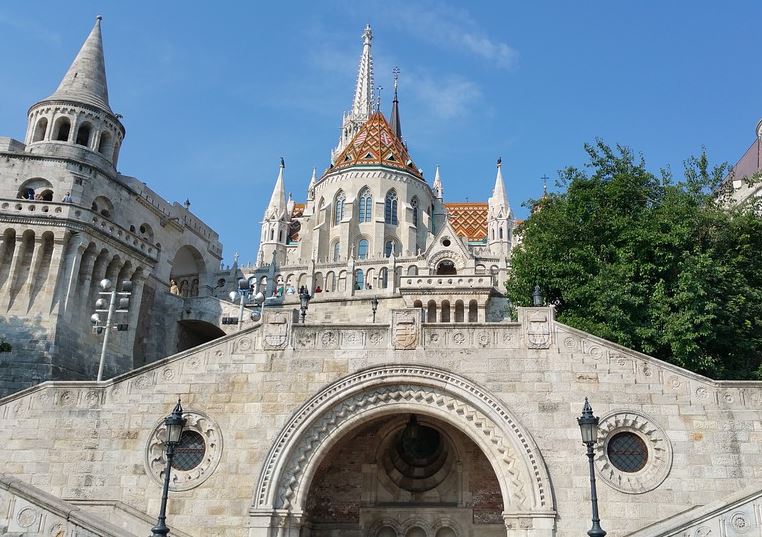
Fisherman’s Bastion is an eye-catching monument in Budapest city center, located next to the Danube and within the Buda region, with no less than seven towers and beautiful bright architecture. In 1895, the construction of the Bastion commenced and was completed seven years later. Ever since visitors photograph the surrounding cityscape and have flocked here to climb to the top.
2. Citadella (Citadel)
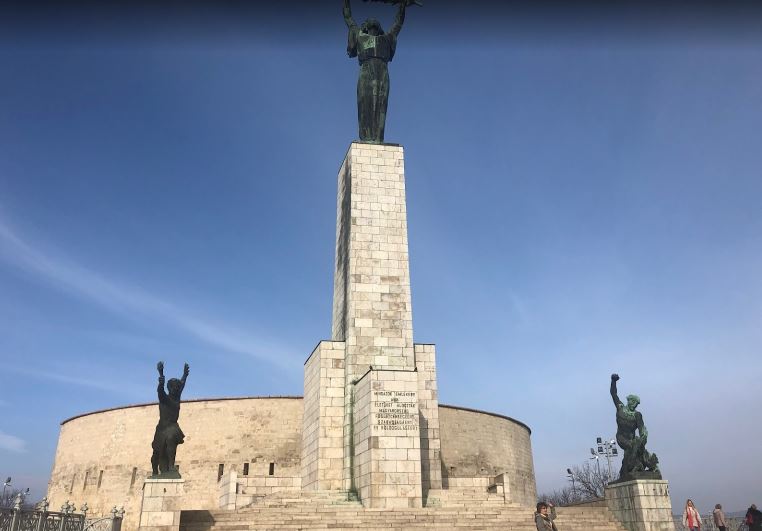
Standing proudly at the very top of Gellért Hill, Budapest Citadella overlooks the city and the River Danube, which is located at more than 200 meters / 656 feet below. Constructed in the mid-19th century, this famous monument in Budapest was used as a lookout and fortress, and military exhibitions and bunkers are just some of the attractions, along with with the Wax Museum, Liberty Statue, Cave Church, a rather pricey hotel boasting and even a restaurant some of the best views possible.
Read More: Monuments in Hungary
3. Dohany Street Synagogue
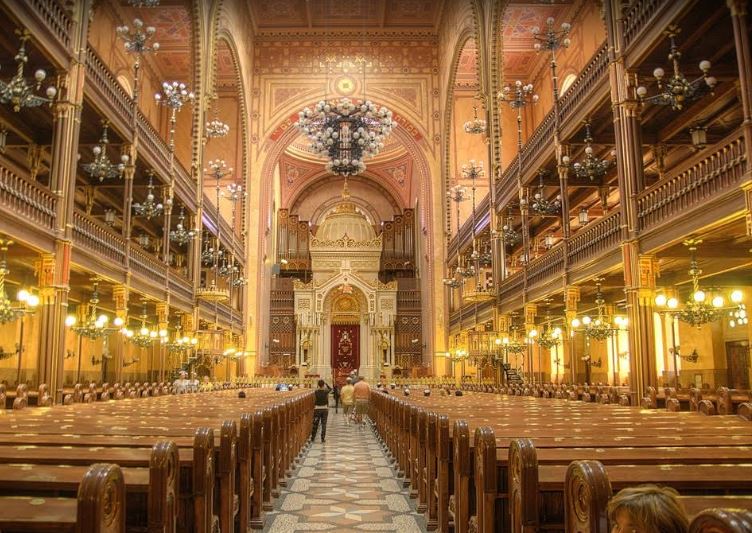
If you stand in front of the Great Synagogue and look upwards, the ultimate Jewish monuments in Budapest, you are guaranteed to gasp. This is one of the largest and grandest of all synagogues ever built and really is a breathtaking structure. Outside, the twin tower dominates the facade, topped with onion-shaped domes, while the interior is equally impressive and can easily seat 3,000 visitors. Budapest’s Dohány Street Synagogue was completed in 1859, although it was reconstructed following considerable bombing damage during the Second World War.
4. Old City Walls
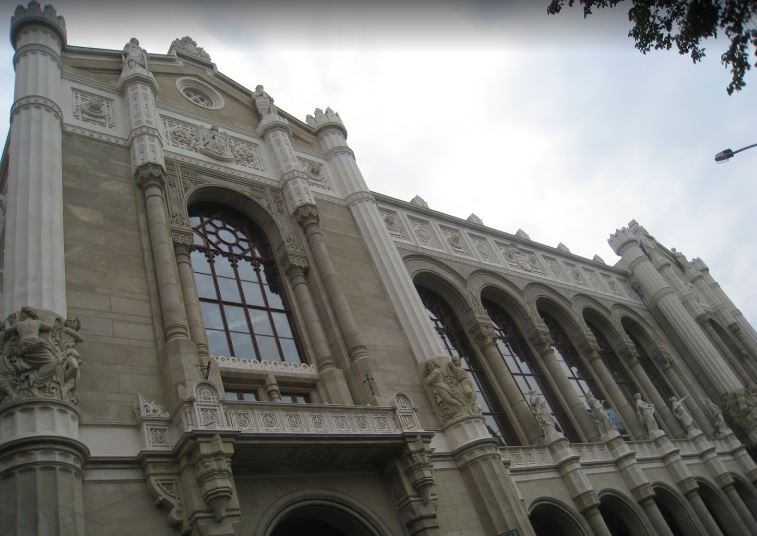
When the Mongols attacked many years ago, the Old City Walls sadly did not serve its purpose. It is one of the best monuments in Budapest. Today, it offers a glimpse of Budapest’s rich fascinating medieval past and a number of stretches are still standing around the city.
5. Janos Hegy
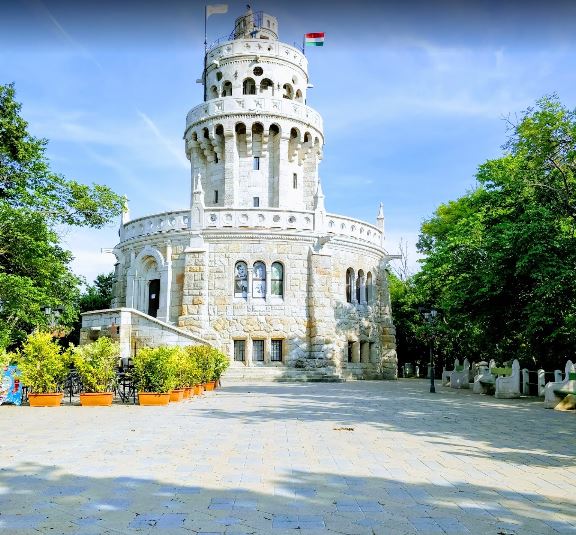
At more than 500 meters / 1,640 feet in height, the highest hill in Budapest provides a scenic natural backdrop to the city, those prepared to climb to the top will be treated to some awe-inspiring views. In case, if you are not feeling quite that energetic, then chairlifts and railway are on hand. It is counted in one of the top monuments in Budapest. A historic lookout tower is also of interest. If you are not in a rush, bring a picnic, sit down and breathe in the views.
Read: Christmas Markets in Budapest in Hungary
6. Chain Bridge
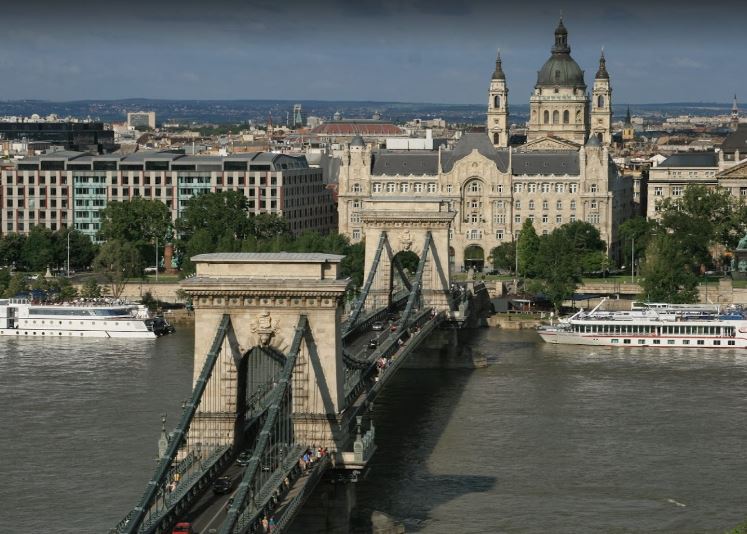
The Chain Bridge is the most historic suspension bridge in Budapest and is the Danube’s generally famous, associating the two sides of the city, Buda, and Pest. The bridge’s genuine name is Széchenyi, in memory of the Count István Széchenyi, who helped fabricate it, however, it is normally known as the Chain Bridge. Before the iron structure was fabricated, the Danube stream must be crossed by vessel or by foot when the conduit would freeze over during winter.
7. Hungarian Parliament Building
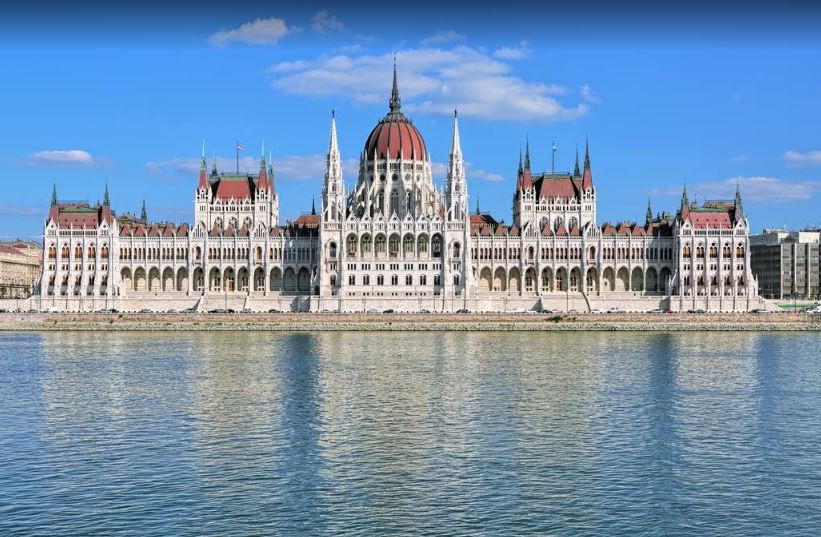
The Hungarian Parliament Building, reflecting in the adjacent River Danube is every bit as spectacular today and it was when it first opened in 1904. This is one of the ancient monuments in Budapest and resembles a palace in appearance with a grand central dome set between two tall spires. Around 40 million bricks were used during its 20-year construction, along with some 40 kilos of gold – no expense was spared.
8. Great Market Hall
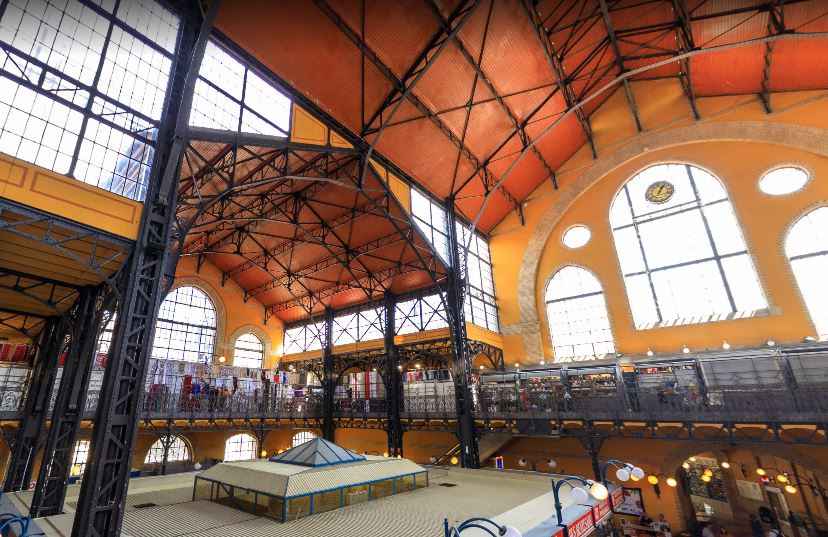
The Great Market Hall also called the Central Market Hall, is the biggest and most historic indoor market set up in Budapest. Toward the finish of the nineteenth century, indoor markets were established in Hungary’s cash-flow to ensure the nature of the staple and to improve their conservation as the residents of Budapest were experiencing foodborne diseases. The Central Market Hall was dispatched by the chairman of the city. The Hungarian planner Samu Pecz was accused of planning the enormous market and the structure was finished in 1897.
9. Royal Palace (Buda Castle)
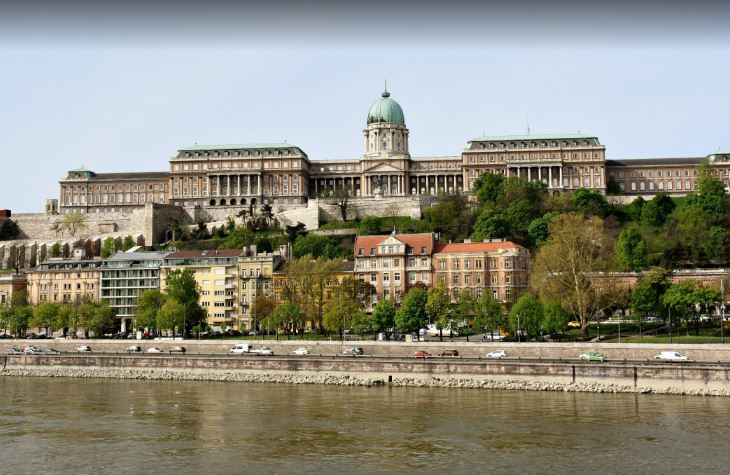
This beautiful monument in Budapest presides over Castle Hill known as either the Royal Palace or alternatively Buda Castle. Since the 13th century whilst royal residences have been built atop this hill, the oldest part of the current Royal Palace dates from the 14th century. It is considered in one of the amazing monuments in Budapest. A cable car that runs from nearby Clark Adam Square ride (siklo), linked by it and the palace houses an array of local treasures and artworks, within a series of museums and gallery spaces.
Read more: Hungary Best Eateries
10. State Opera House
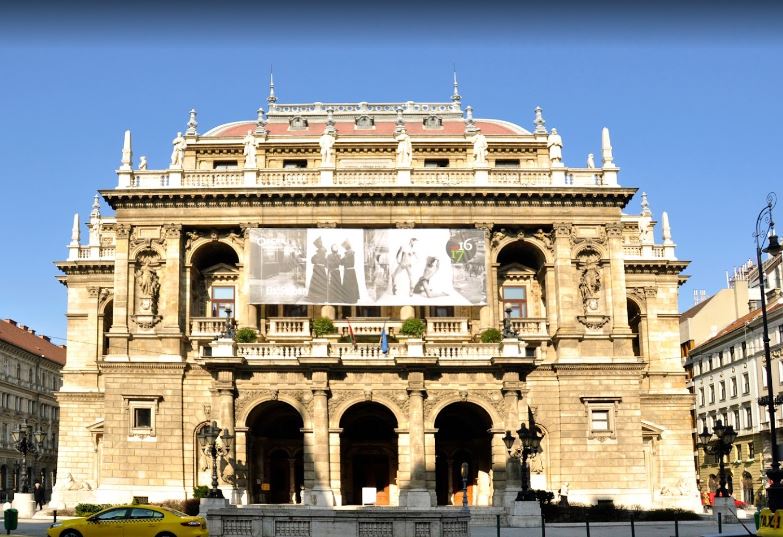
The structure was worked somewhere in the range of 1875 and 1884 and Emperor Franz Joseph I of Austria-Hungary supported the development with one condition, that it ought not to be bigger than the Vienna State Opera House. The Budapest Opera House right now situates 1,261 individuals. If you are a fanatic of the drama or dance, you ought not to miss the chance to see one of these shows in the Hungarian State Opera House, regardless of whether you have taken the guided tour through the structure. The best seats are moderately economical.
11. St. Stephen’s Basilica
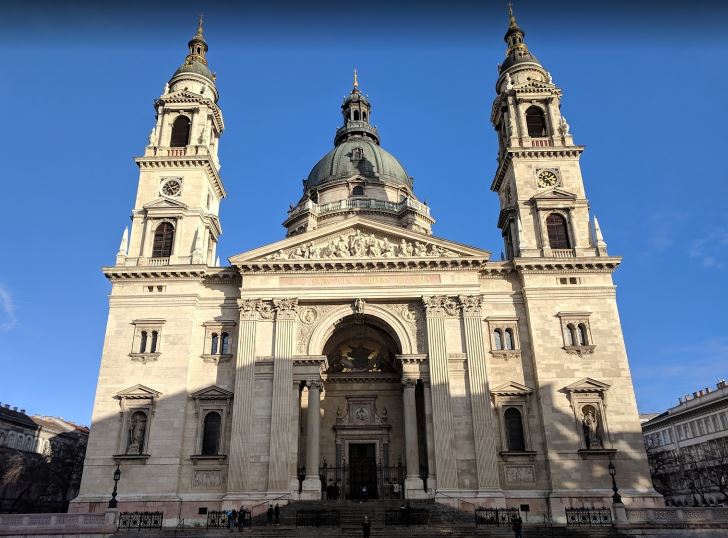
This religious landmark and most visited monuments in Budapest is quite like no other in the whole of Hungary and is simply enormous. Named after Hungary’s first king, the very top of the basilica’s dome measures almost 100 meters / 328 feet high, making its the joint-tallest structure in Budapest, along with the Hungarian Parliament Building. The cavernous interior can accommodate literally thousands of people and equally impressive. A viewing platform provides a popular vantage point and is available high up.
12. Andrássy Avenue
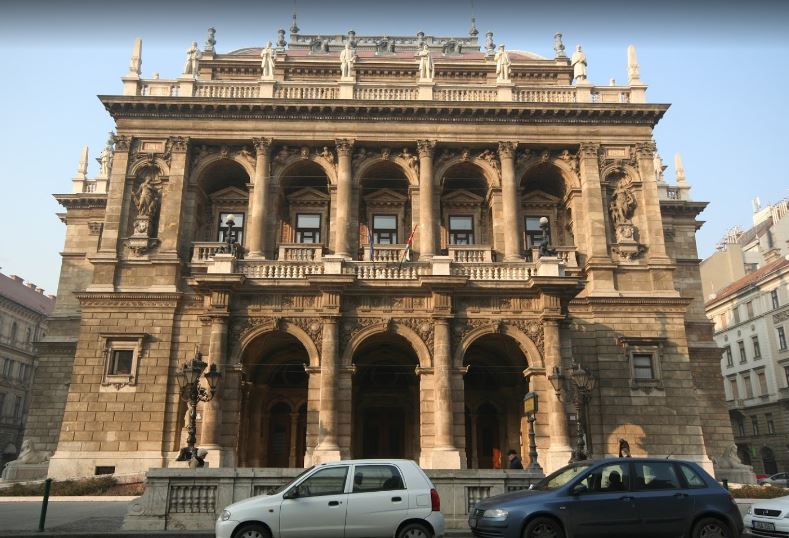
Elizabeth Square with Heroes’ Square, finishing at the City Park, one of Budapest’s most famous green spaces. Construction in 1872, this soviet monument in Budapest houses a large group of surprisingly Eclectic Neo-Renaissance manors and castles in Budapest, which were all planned by prestigious engineers. Andrássy Avenue additionally houses one of the most striking structures in Budapest, the Hungarian State Opera House, which offers an intriguing guided visit.
Read more: Fun Things To Do in Budapest
13. Great Synagogue
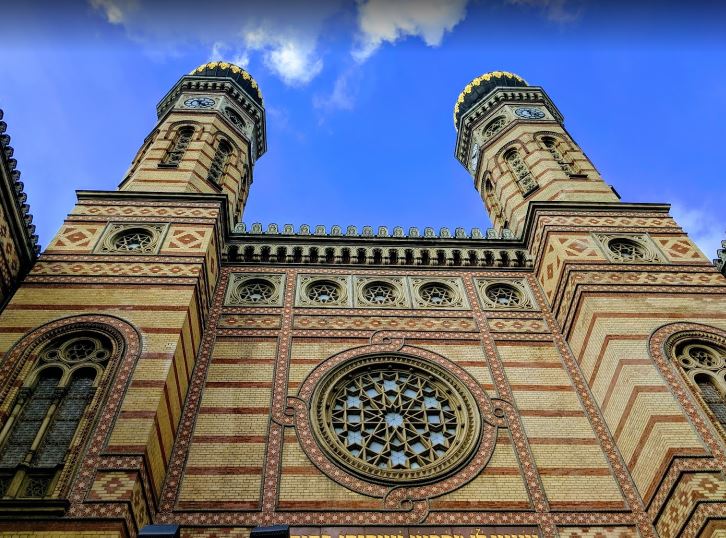
The synagogue was built up somewhere in the range of 1854 and 1859. It was structured by the Austrian architect, Ludwig Forster. It is prevalently Moorish in style, in spite of the fact that it likewise has Byzantine, Gothic and Romanesque styles. It’s 53 m high and 26 m wide and can situate up to 2,964 individuals, of which 1,492 are men and 1,472 are ladies. The Synagogue is additionally called Tabakgasse Synagogue, the Great Synagogue or Dohány Street Synagogue. In Hebrew, dohány implies tobacco.
14. Labyrinth of Buda Castle
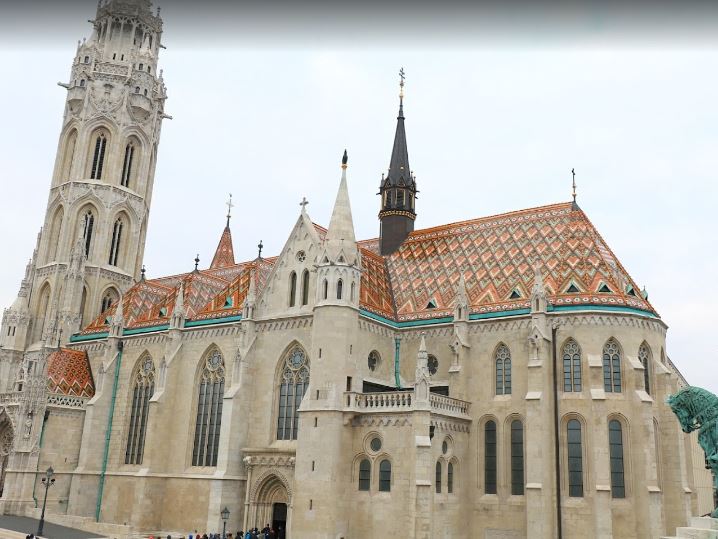
Consistently, the Labyrinth has right off the bat been utilized as a shelter by ancient men a large portion of a million years back, at that point, it was utilized as a wine basement, a dungeon, jail, and a safe during the Middle Ages. This historical landmark in Budapest was also utilized as a military medical clinic, a fortification, and a mystery office during the twentieth century. In 1980, the Labyrinth of Buda Castle was remodeled to give it an increasingly social use. That similar year, the main wax figure presentation was introduced in the caverns.
15. Aquincum
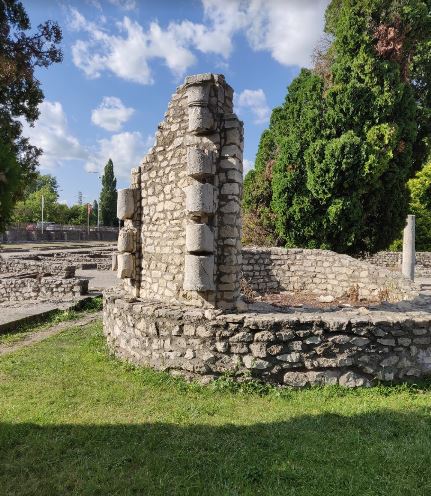
Aquincum was a significant Roman city situated in the Pannonia territory, inside the castle of Budapest. It was founded after the Romans vanquished the land from a Celtic clan that had lived in the territory since 400 B.C. The remnants of the antiquated Roman city were found toward the finish of the nineteenth century. It is currently one of the greatest archeological destinations and one of the statues and monuments in Budapest. The city was reproduced somewhere in the range of 1960 and 1970. Guests can walk around the city’s avenues and watch the city’s sanctuaries, shops, houses, and warm showers. The biggest piece of Aquincum was built between the second and third hundreds of years.
So far we have discussed the best monuments in Budapest, which contains the proper information regarding all the top monuments in Budapest. I hope you might have loved reading this article and if you love to know more about Budapest then kindly head to our other articles as well which will help you to get knowledge about Budapest.
The post Top 15 Most Visited Monuments in Budapest Hungary | Famous Monuments in Budapest appeared first on World Tour & Travel Guide, Get Travel Tips, Information, Discover Travel Destination | Adequate Travel.